We Must #StopAsianHate
To be environmentalists – to stand up for healthy communities for all people across New England – we must be anti-racist. We cannot, and will not, be silent.
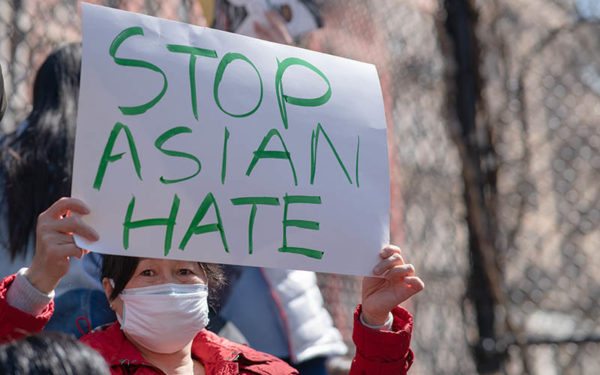
To be environmentalists – to stand up for healthy communities for all people across New England – we must be anti-racist. We cannot, and will not, be silent.

“Both the House and Senate clearly recognize that we are running out of time to confront the climate crisis,” said CLF attorney James Crowley. “We must prioritize slashing polluting emissions and protecting frontline communities from the impacts of climate change, and this bill will hold Rhode Island accountable for doing both. Now we need Governor McKee to sign this bill into law so we can get to work.”
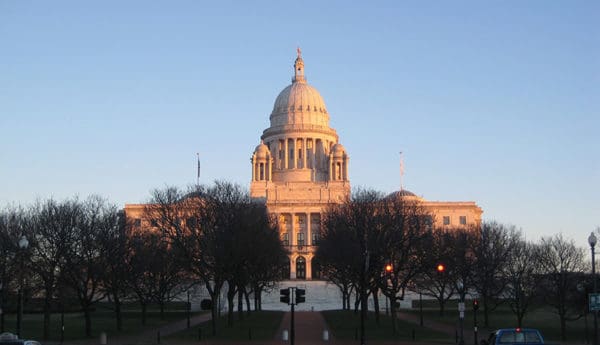
Regulators have known for more than 20 years that vessel strikes kill right whales at an alarming rate. But to date, they haven’t put forward a real solution.
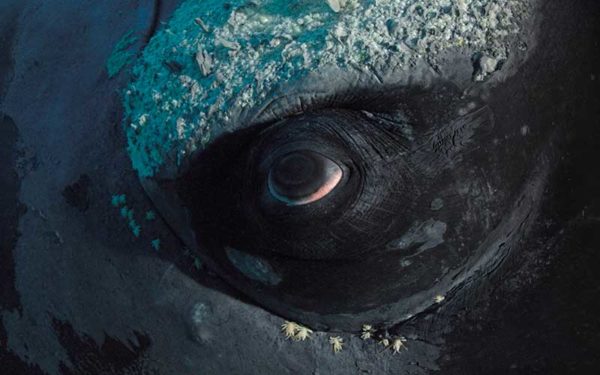
The heart of environmental justice is ensuring that we all have equal access to power when it comes to decisions that directly affect our lives. CLF connected with two of our Massachusetts-based partners to talk about their vision for a community where residents feel empowered to shape the future, and what it would mean for environmental and climate protections to be just.
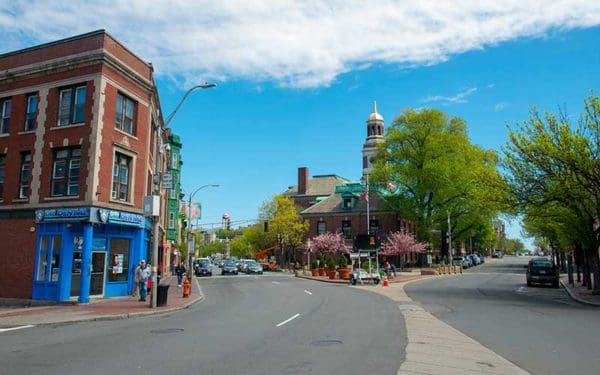
With organic waste recycling on the rise, many cities and towns are looking to invest in infrastructure that will repurpose our food waste and yard clippings. But which method should they invest in – industrial composting or anaerobic digestion?
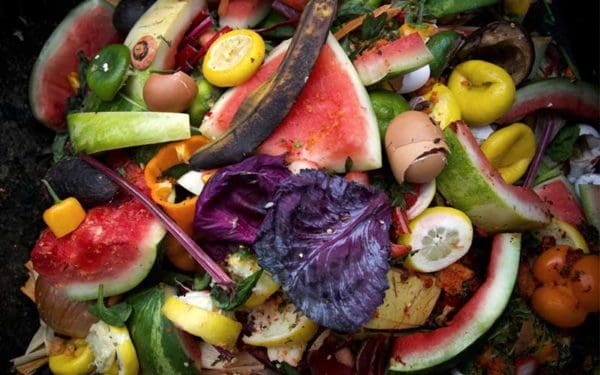
“This bill is long overdue as Rhode Island continues to lag our neighbors in putting strong climate laws on the books,” said CLF attorney James Crowley. “Our current climate law is woefully out of date and offers no guidance for how to combat climate change in the Ocean State. The bill passed today will ensure that we slash polluting emissions and protect communities from climate threats. The House must now take it up and get it passed.”
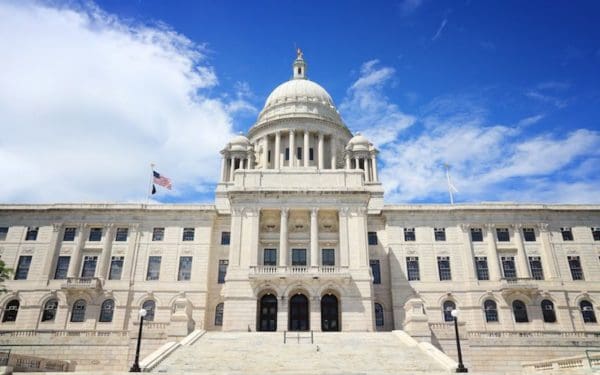
The uptick in composting is a huge step forward in combatting our trash crisis. But we can’t do the hard work on our own. We need cities, towns, and states to invest in infrastructure that will make composting easy and affordable for everyone.
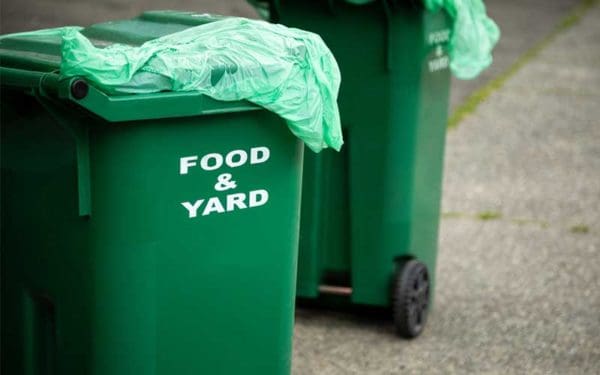
For decades, low-income, immigrant, and communities of color across New England have been overburdened by air pollution from power plants, congested highways, and industrial facilities. CLF connected with two of our Massachusetts-based partners to discuss what needs to change to relieve these burdens and how racism contributes to environmental justice inequities.
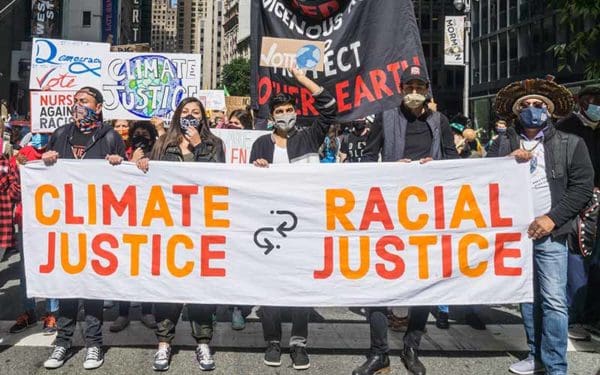
New England is no stranger to ice storms, of course, and the Texas power grid is very different from ours. But we can still heed lessons from the Texas crisis – especially as we look at the future pressures our grid will face because of our changing climate.
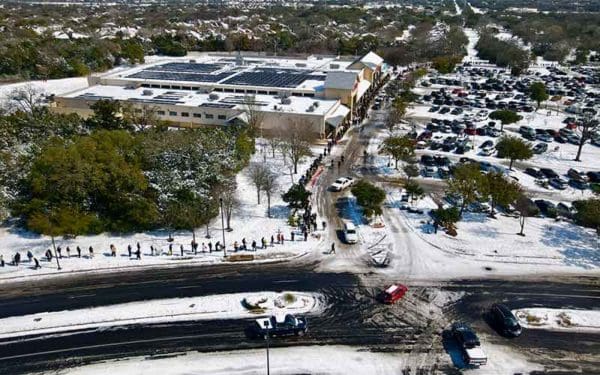
“This is an important public health matter,” said James Crowley, staff attorney for the Conservation Law Foundation in Rhode Island. “It is long past time to take action, and we hope that the incoming administration will prioritize this and move ahead with regulations that are protective of public health.”